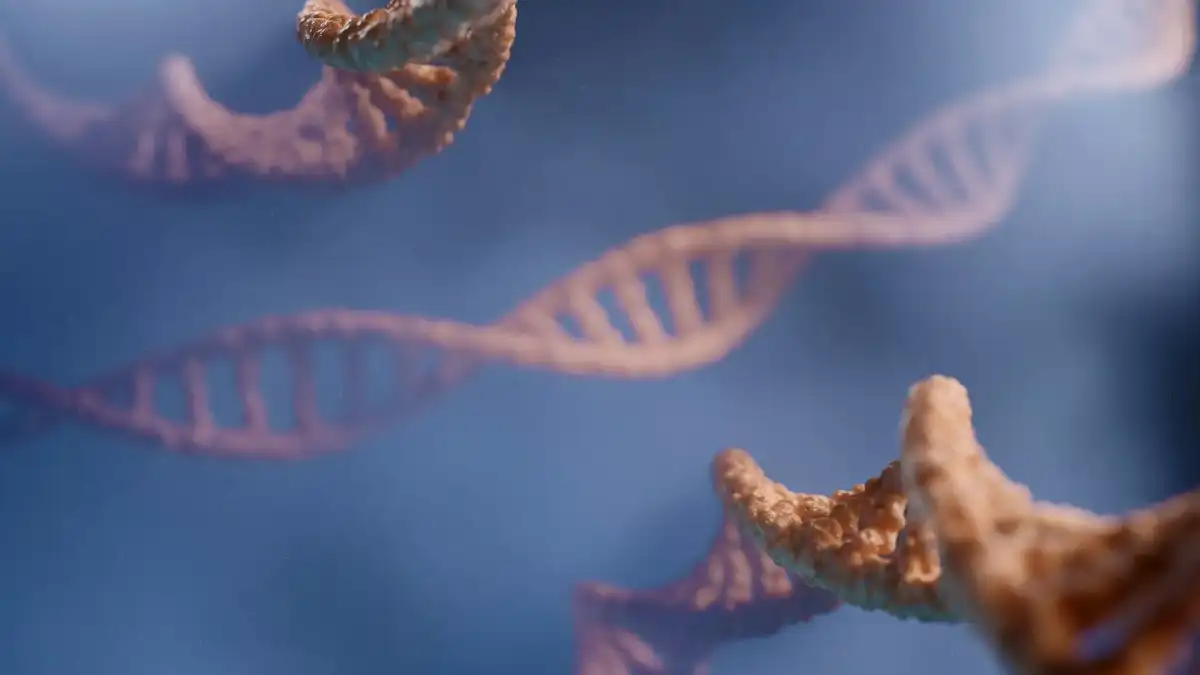Lipoamide Dehydrogenase Deficiency


What is Lipoamide Dehydrogenase Deficiency?
Lipoamide dehydrogenase deficiency (E3) is a rare inherited disease that causes metabolic abnormalities, neurological damage, poor muscle tone, developmental delay, and movement problems. In some people, it is fatal in childhood. Infants with E3 often appear normal until the age of 8 weeks to 6 months when they develop severe lactic acidosis, a buildup of lactic acid in the body that causes vomiting, abdominal pain, and rapid breathing. If untreated, it can be fatal.
In addition to lactic acid buildup, a number of other substances accumulate in the bodies of people with E3. These include blood pyruvate, alpha-ketoglutarate, branched-chain amino acids, alpha-hydroxyisovalerate, and alpha-hydroxyglutarate.
Infants and children with the disease show developmental delay and a progressive breakdown of their nervous system. They often have poor muscle tone (hypotonia) and abnormal movements. The diseases is also called maple syrup urine disease type 3 due to the characteristic “maple syrup” smell of their urine.
How common is Lipoamide Dehydrogenase Deficiency?
E3 is extremely rare. Fewer than 20 cases are known worldwide. The majority of known cases come from families of Ashkenazi Jewish background.
How is Lipoamide Dehydrogenase Deficiency treated?
There is no established treatment for E3 due to the rarity of the disease. Combinations of diet, vitamins, and supplements have been tried without much success.
What is the prognosis for a person with Lipoamide Dehydrogenase Deficiency?
While the number of known cases does not allow for a well-established prognosis, it is thought that most people with E3 will die during childhood.
Resources
- Maple Syrup Urine Disease Family Support Group
A support group to people with MSUD and their families, the organization also helps to raise awareness for the disease.Sandy Bulcher, Director
Phone: (740) 548-4475
dbulcher@aol.com
- Screening, Technology, and Research in Genetics Project
A fact sheet on MSUD by a collaborative effort among state agencies in Alaska, California, Hawaii, Idaho, Oregon, and Washington to investigate the financial, legal, ethical, and social implications of programs that screen newborns for certain diseases.Project coordinator: Lianne Hasegawa CSHN
Department of Health
741 Sunset Avenue
Honolulu, HI 96816
Phone: (808) 733-9039
lianne@hawaiigenetics.org
Other names for Lipoamide Dehydrogenase Deficiency
- dihydrolipoamide dehydrogenase deficiency
- E-3 Deficient MSUD
- MSUD Type 3
- Maple Syrup Urine Disease Type 3B
- MSUD3
- Lipoamide dehydrogenase deficiency
Take action now to assess your risk for Lipoamide Dehydrogenase Deficiency and your risk for passing it to your children. To get started with a JScreen genetic test, click here.
Source: Counsyl.
